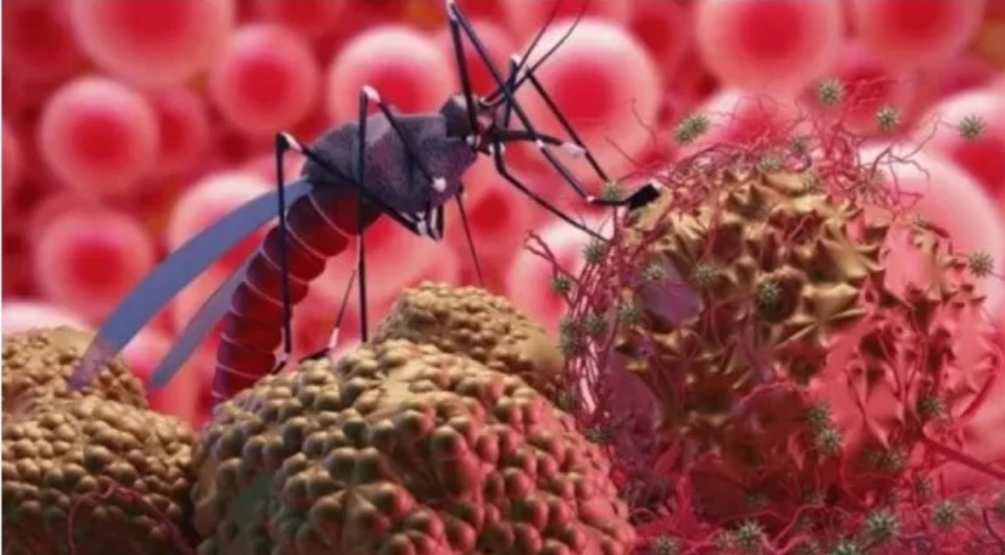The Zika virus is rapidly spreading in India following Dengue. First identified in Uganda in 1947, Zika virus is primarily transmitted by mosquitoes, notably Aedes aegypti and Aedes albopictus.
These mosquitoes thrive in stagnant water and transmit the virus through bites, as well as through sexual contact, blood transfusion, and from mother to fetus during pregnancy.
With increasing cases, ongoing studies aim to understand how Zika virus enters the body and impacts various organs. The virus enters the bloodstream through Aedes mosquito bites, swiftly infecting and affecting blood circulation. It targets immune cells, leading to compromised immune response.
In severe cases, Zika virus can cause neurological complications affecting vision, eye health, and respiratory function. Additionally, it poses risks of kidney and liver damage, impacting overall health and complicating treatment.
Symptoms of Zika virus infection include:
- Fever accompanied by body aches
- Skin eruptions
- Lower back pain
- Red eyes
Prompt medical attention is crucial upon experiencing these symptoms to mitigate complications and seek appropriate treatment.






